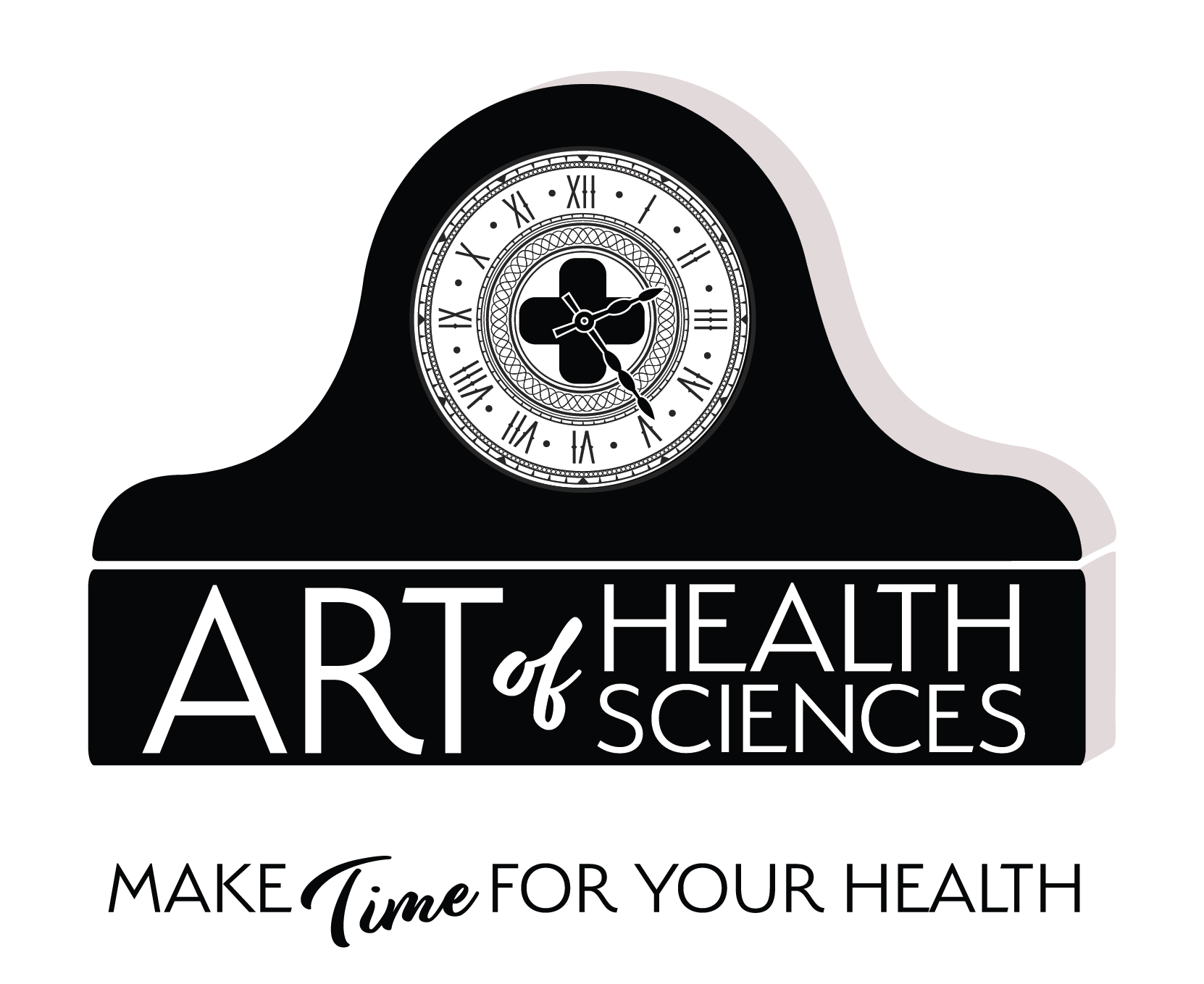This year, researchers Mehta, Juneja, Nimmakayala, et. al. revealed and advocate psychobiotics, a specific class of probiotics targeting mental health, because they show promise to reduce symptoms (like sadness, anxiety, insomnia, stress, fatigue, difficulty concentrating, to name a few) associated with chronic health conditions such as mood, neurodevelopmental and eating disorders. May is Mental Health Awareness Month and there’s no brighter time to highlight how ‘Food is Mood.’
Psychobiotics have unique characteristics of producing neuroactive substances thought to act on the two-way communication between the central nervous system and the gastrointestinal tract – the brain-gut connection. This unfolds exciting possibilities beyond healthy meal plans rich in produce, whole grains, and omega-3 fatty acids like the Mediterranean and anti-inflammatory diets. We’ll still need to limit or avoid processed foods and refined sugars, which lead to inflammation. And now we know live microorganisms (aka probiotics) alleviate symptoms of mood, neurodevelopmental and eating disorders by modulating gut microbiota and enhancing neurotransmitter production (like serotonin and GABA), which are important to get and keep us in a better mood.
Tailorized dietary recommendations based on individualized microbiota profile are the future. We still can rely on traditional management like using antidepressants and cognitive-behavioral therapy (or CBT) as they remain effective mental health interventions. And now we’ll have another tool with the use of psychobiotic interventions, which harness diverse microbial species (Garzon, S., Charitos, I.A., Mandorino, M., et. al., 2025.) While precision medicine gives hope for continued healthy outcomes, right now we can choose foods that are rich in fiber and prebiotics (like apples, asparagus, bananas, cabbage, leeks, onions, and fermented foods like kefir, kimchi, and yogurt) – to promote and enhance health-promoting bacteria, for a sound mind (and soul!)
References
Garzon, S., Charitos, I.A., Mandorino, M., et. al. (2025.) Can we modulate our second brain and its metabolites to change our mood? A systematic review on efficacy, mechanisms, and future directions of “Psychobiotics.” Int J Mol Sci, 26(5):1972. doi: 10.3390/ijms26051972.
Mehta, I., Juneja, K., Nimmakayala, T., et. al. (2025.) Gut microbiota and mental health: a comprehensive review of gut-brain interactions in mood disorders. Cureus, 17(3):e81447. doi: 10.7759/cureus.81447.
Looking for more? Peruse Chapter 13: Healthy Food = Healthy Mind of ‘Rise Above: A Playbook On How-To Keep Energy Flowing.’
Photo by Agata Ciosek on Unsplash
Dr. Jaime L. Pula is the author of her best-selling book titled, ‘Rise Above: A Playbook On How-To Keep Energy Flowing.’ She can be reached at jpula@artofhealthsciences.life. And she enjoys connecting on LI at: www.linkedin.com/in/drjaimelpula001/.

